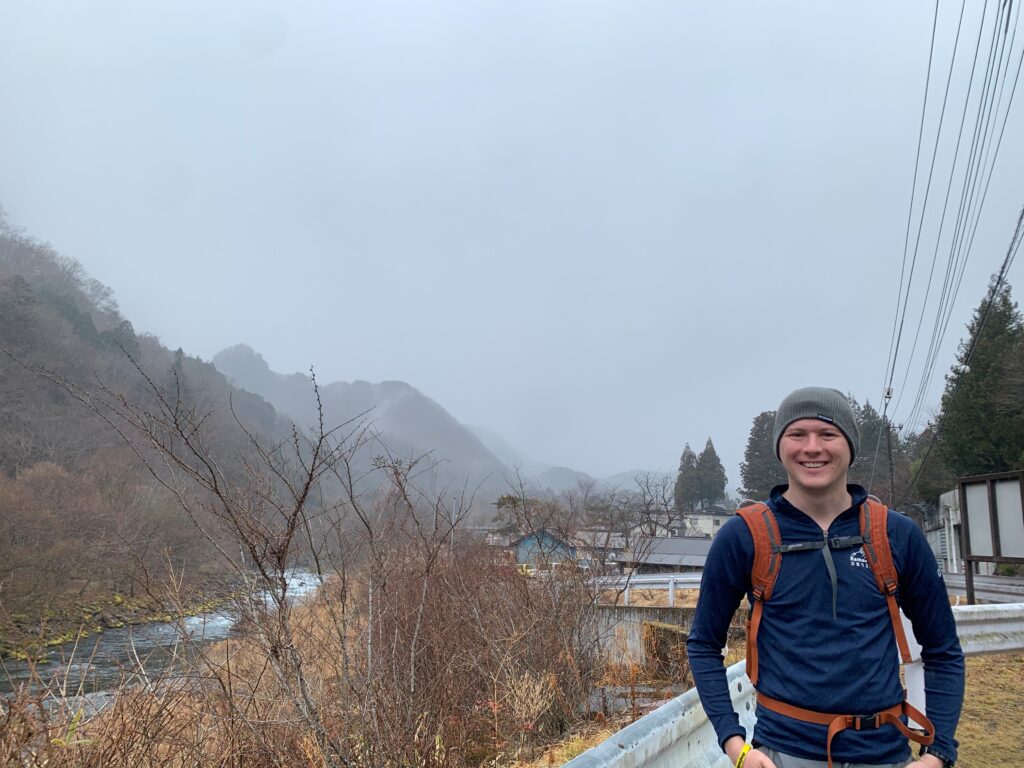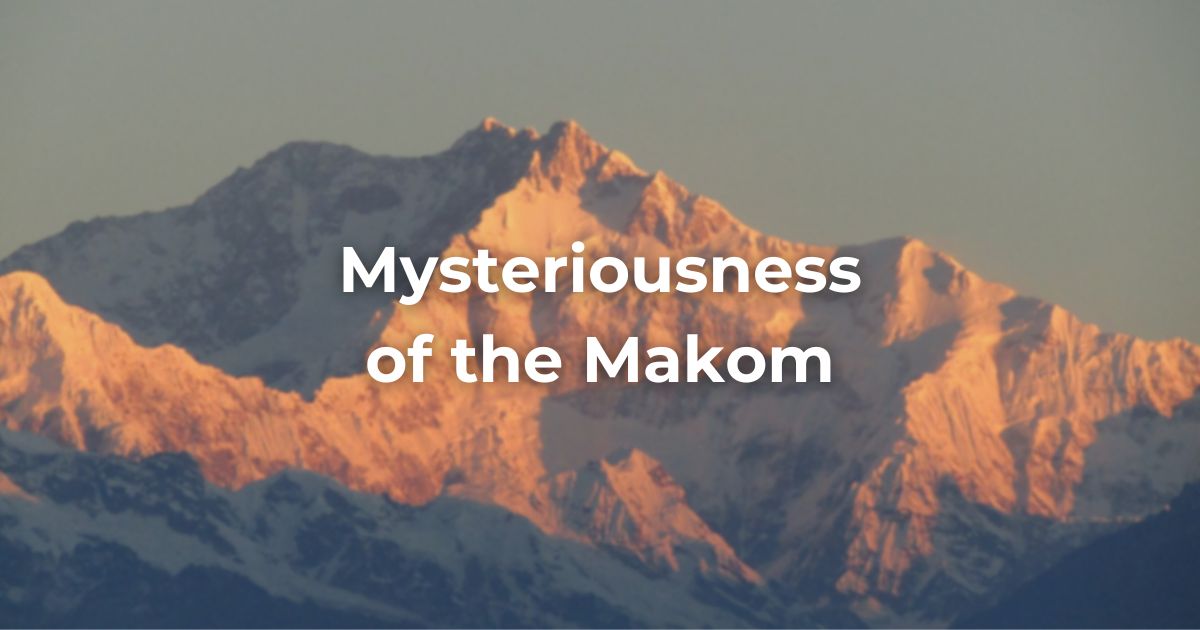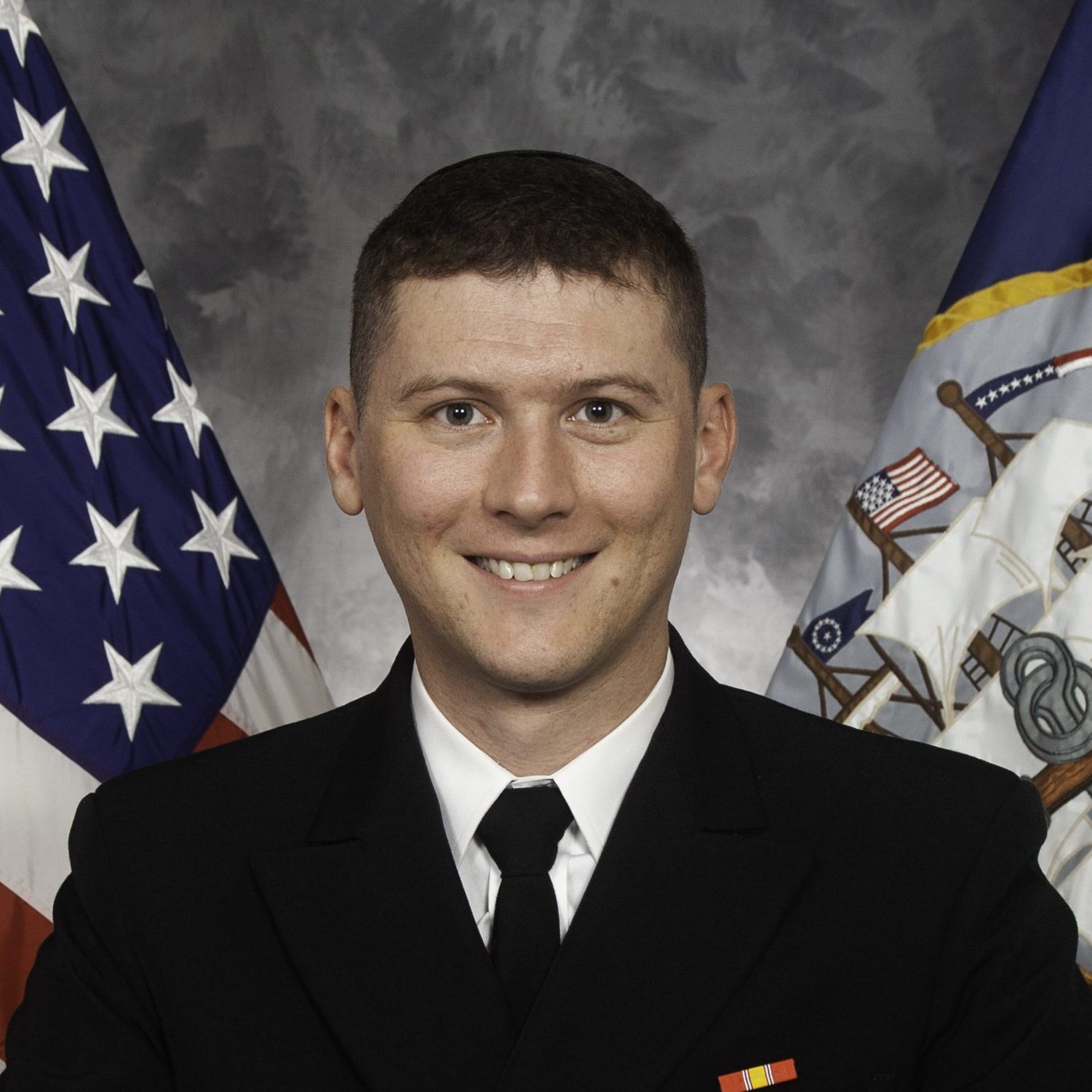Over Presidents’ Day weekend, my wife and I took a trip to the mountain resort town of Nikko, now that we live in Japan. It was the off-season, so it was pretty empty.
Nikko is in a valley and is surrounded on three sides by mountains. It was cold and damp and raining. When my wife and I arrived there, the mountains were enshrouded by clouds. This was a reminder that I was somehow higher than people normally are.
God’s mysteriousness and the mountains
Mountains have a widely acknowledged and appreciated sense of spirituality. Abraham goes to bind Isaac on Mount Moriah. This later becomes the site of the Temple. Burning Bush and the TorahRefers to the first five books of the Hebrew Bible, the Tanakh, also called the Five Books of Moses, Pentateuch or the Hebrew equivalent, Humash. This is also called the Written Torah. The term may also refer to teachings that expound on Jewish tradition. Read more are both given on Mount Sinai. Elijah the Prophet shows HaShem’s superiority on Mount Carmel. Moses dies on Mount Nebo.
Personally, I did not know for sure that I believed in a God until I spent my first summer at Camp Ramah in the Rockies. The only way that something could be so beautiful was if there were a singular Creator of the world and nature. The mountains, and their divine origins, have since captured my imagination.
For many, God’s unknowability makes it near impossible to relate. In fact many of our most brilliant thinkers have even come to teach this to us. Maimonides in the Guide to the Perplexed lays out the argument for an increasingly abstract and unknowable God.
The 19th Century Scholar, the Netziv, was noted saying that only with a spiritual lens that Abraham could actually find the location to bind and offer Isaac. Genesis Rabbah, captured in both Rashi and Bartenura’s commentaries on this verse, says that a cloud attached to the mountaintop guided Abraham.
I think that the combination of mountains and clouds help me visualize the ineffable, both the majesty of the Creator and the unknowability of that same Creator. All of this is happening at a time when you are physically higher, closer to the heavens.
The power of God and mysteriousness
When looking at the mountains enshrouded in clouds, I took in a sense of “yirah,” typically translated as fear. But it also has an aspect of awe and wonder. No matter how much we build our walls to be fire, earthquake, mudslide, and flood resistant, we still can’t avoid the fact that these forces, these acts of God, still happen. This humbles us and reminds us of our own mortality when looking at that unknowability. Those clouds and those mountains act as a reminder of the power of God.
For me when I am in the mountains I open myself to a wide sense of wonder and exploration. To find that curiosity of the unknown. I view my time in nature as a means of exploring God. There is more to spirituality that what one can learn in a book.
My advice to you, dear reader? Take an opportunity to experience the Divine in a place where you can actually experience them.
We are coming up on the holiday of Shavuot, where we learn that every Jewish soul of the past, present, and future sat and received the Torah. It was adjacent to a mountain with smoke and lightning and fear and awe. What better way to go and celebrate the reception of the Torah than to go on a hike or a drive and experience the Divine? As the Scottish-American naturalist and environmentalist John Muir said, “The mountains are calling, and I must go.”

Author
-

Rabbi Alex Hamilton was raised in Oklahoma City at Emanuel Synagogue. He graduated Phi Beta Kappa from Rutgers University, where he served as president of the largest Hillel in North America. He studied for a year of intense learning at Yeshivat Hadar in New York City. He graduated in May 2023 from JTS where he also received a Masters in Hebrew Bible. He is currently serving as an active duty Navy Chaplain in Yokosuka, Japan. He is a USY, Ramah, Nativ, and Conservative Yeshiva alum. He happily married Adeena in September of 2020 and they recently adopted a black lab named Buddy.
View all posts






